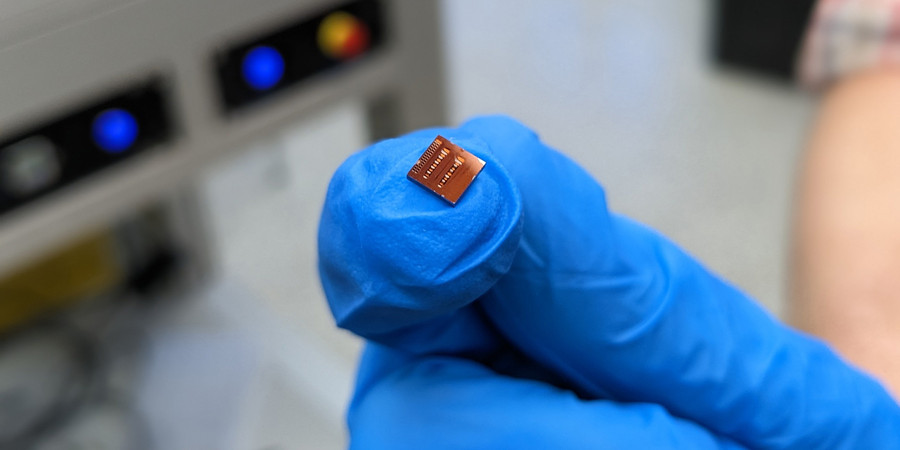Adam Zewe | MIT News Office
September 21, 2022
Parkinson’s disease is the fastest-growing neurological disease, now affecting more than 10 million people worldwide, yet clinicians still face huge challenges in tracking its severity and progression.
Clinicians typically evaluate patients by testing their motor skills and cognitive functions during clinic visits. These semisubjective measurements are often skewed by outside factors — perhaps a patient is tired after a long drive to the hospital. More than 40 percent of individuals with Parkinson’s are never treated by a neurologist or Parkinson’s specialist, often because they live too far from an urban center or have difficulty traveling.
In an effort to address these problems, researchers from MIT and elsewhere demonstrated an in-home device that can monitor a patient’s movement and gait speed, which can be used to evaluate Parkinson’s severity, the progression of the disease, and the patient’s response to medication.
Complete article from MIT News.
Explore
Bringing Lab Testing to the Home
Zach Winn | MIT News
The startup SiPhox, founded by two former MIT researchers, has developed an integrated photonic chip for high-quality, home-based blood testing.
This Tiny, Tamper-proof ID Tag Can Authenticate Almost Anything
Adam Zewe | MIT News
MIT engineers developed a tag that can reveal with near-perfect accuracy whether an item is real or fake. The key is in the glue on the back of the tag.
New Sensor Mimics Cell Membrane Functions
Anne Trafton | MIT News Office
The device detects the same molecules that cell receptors do, and may enable routine early screening for cancers and other diseases.




